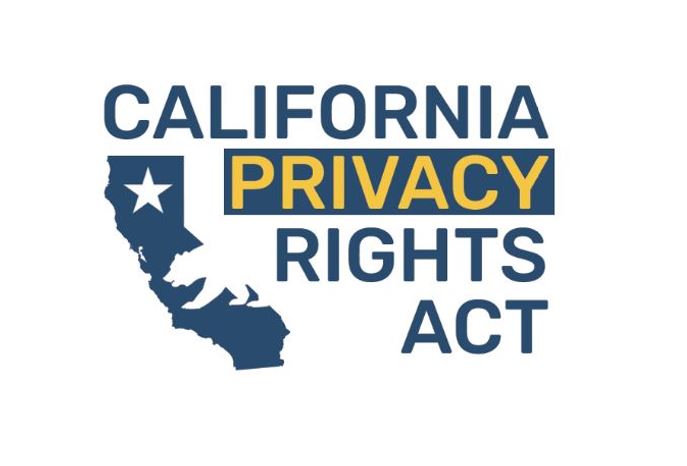Alpha1
Well-known member
California's version of the GDPR comes into effect in a few days. If your site has members in California then you should review the new law. If you have already implemented GDPR measures then it seems that few changes are needed. But i suggest to examine it well, because users can sue you for breaching the CCPA.
More information here:

 www.oag.ca.gov
www.oag.ca.gov

 www.caprivacy.org
www.caprivacy.org
More information here:

California Consumer Privacy Act (CCPA)
Updated on March 13, 2024 The California Consumer Privacy Act of 2018 (CCPA) gives consumers more control over the personal information that businesses collect about them and the CCPA regulations provide guidance on how to implement the law.

California Privacy Rights Act | Californians for Consumer Privacy
Californians for Consumer Privacy is the author and sponsor of Proposition 24 — the California Privacy Rights Act of 2020.
 www.caprivacy.org
www.caprivacy.org
California Consumer Privacy Act 2020: users can claim damages
California is the first US state who seems to be heading for a GDPR like amendment of its privacy laws. Most of the CCPA is similar to the GDPR and contains all the major elements. But it also enables consumers to claim damages for each violation. Here is the summary: Gives consumers right to...
www.theadminzone.com
